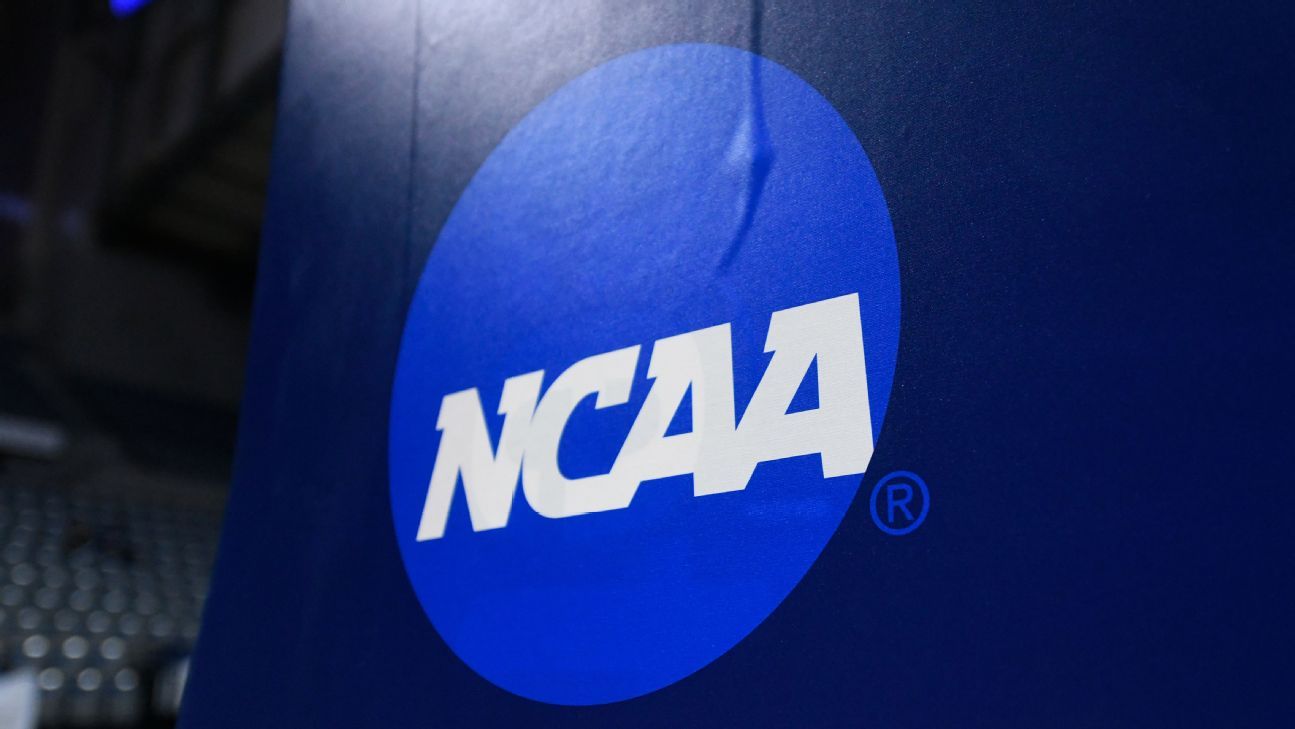In January of 2022, inside a convention hall within the JW Marriott hotel in downtown Indianapolis, the sport’s most powerful leaders gathered to vote on expanding the College Football Playoff.
Seven months of quibbling over an expansion format had finally led them to this pivotal moment. On the morning of Georgia’s eventual win over Alabama in the national championship game, they met in an effort to finalize a 12-team postseason. Instead, disagreements continued as three conferences — the Big Ten, ACC and Pac-12, members of the now-infamous “Alliance” — pushed back against the proposal.
At some point, as discussions grew heated, then-Big 12 commissioner Bob Bowlsby, frustrated and exhausted of the indecision, slowly packed his bag and began to rise from the table.
“The meeting isn’t over,” someone told him.
“It is for me,” he shot back.
What happened that day still lingers across college athletics.
Last month, more than two years later, commissioners agreed on a new CFP structure featuring an uneven revenue distribution model that is likely to have long-term financial impacts on the industry. The revenue model — a combined 58% of CFP cash flowing to two conferences, the SEC and Big Ten — presents adverse budgetary impacts for the other 99 programs in the Football Bowl Subdivision and grows the gap between them and the sport’s two giants.
But could this have been avoided if a decision were made in 2022?
“Our inability to conclude a deal two-plus years ago had a pretty significant impact on where the financials ended up,” said MAC commissioner Jon Steinbrecher, a leading voice in college sports who often chairs the CFP commissioner meetings. “What was on the table in 2022 was simply different. The delay opened the door for continuing changes to where we ended up.”
After the Pac-12’s collapse, the swelling of other leagues and increasing pressures of athlete revenue sharing, the sport’s two juggernaut conferences negotiated a one-sided deal, in part, by using a lingering belief that they would abandon all others to form their own postseason.
Would the SEC have really taken its proverbial ball and left the CFP?
“Absolutely,” SEC commissioner Greg Sankey told Yahoo Sports. “When we ended that set of meetings in January 2022 without a decision, I was clear: If you are going to walk away from this opportunity, we are going to reevaluate our position on format, revenue sharing and governance.
“People called me [after the latest deal] and said, ‘Why did you take a hard line? Why did you put us in this position?’ I said, ‘You guys walked away from the deal.’”
Yahoo Sports spoke to more than two dozen stakeholders across the industry — some directly involved in the negotiations — to learn more about how the CFP’s new structure came together (and nearly fell apart), its long-term impacts on college sports and an inevitability on the horizon: a vastly different “super league” than the one recently circulated...

